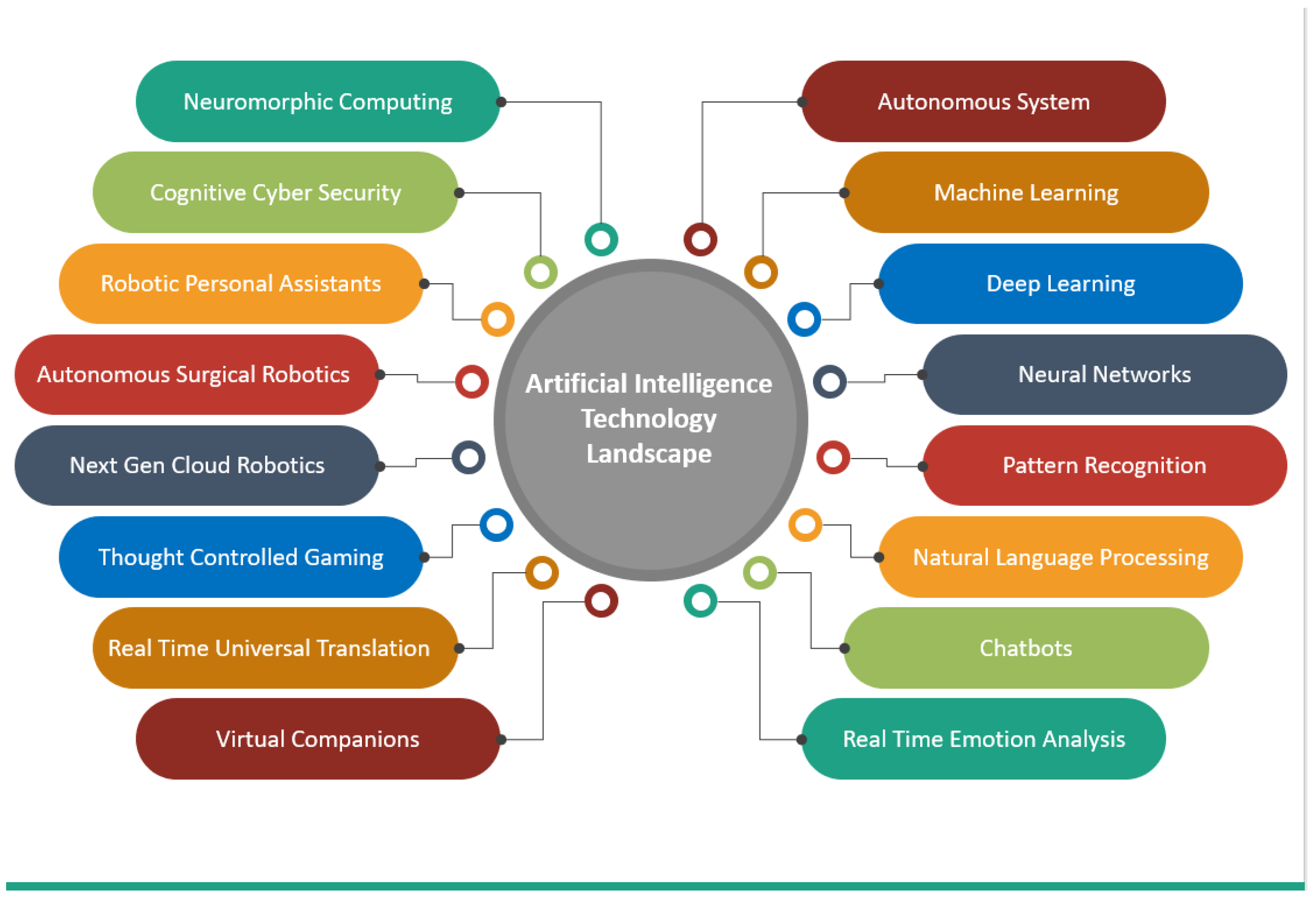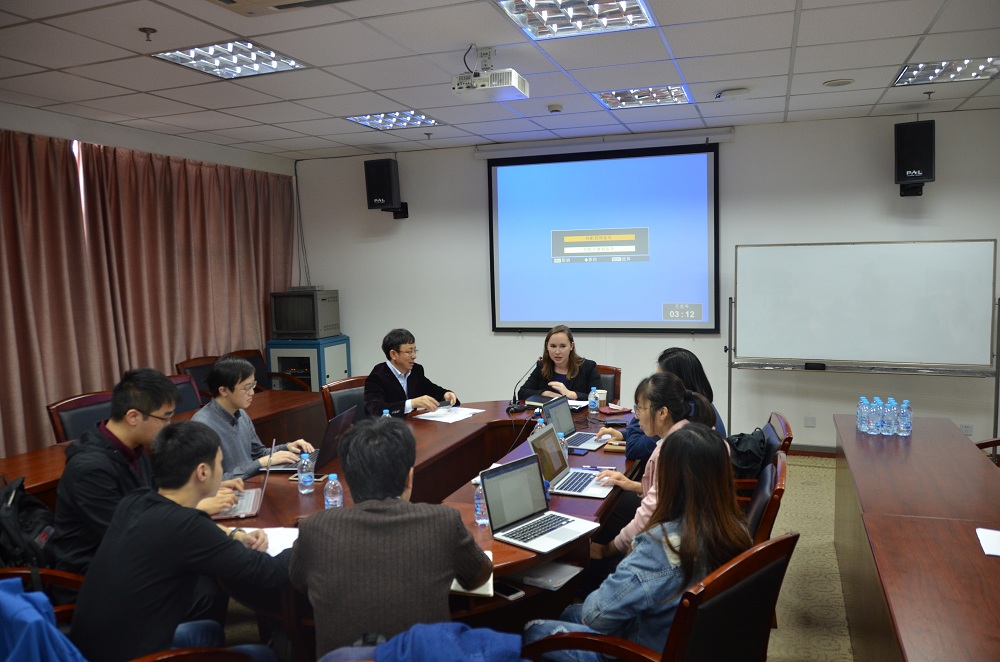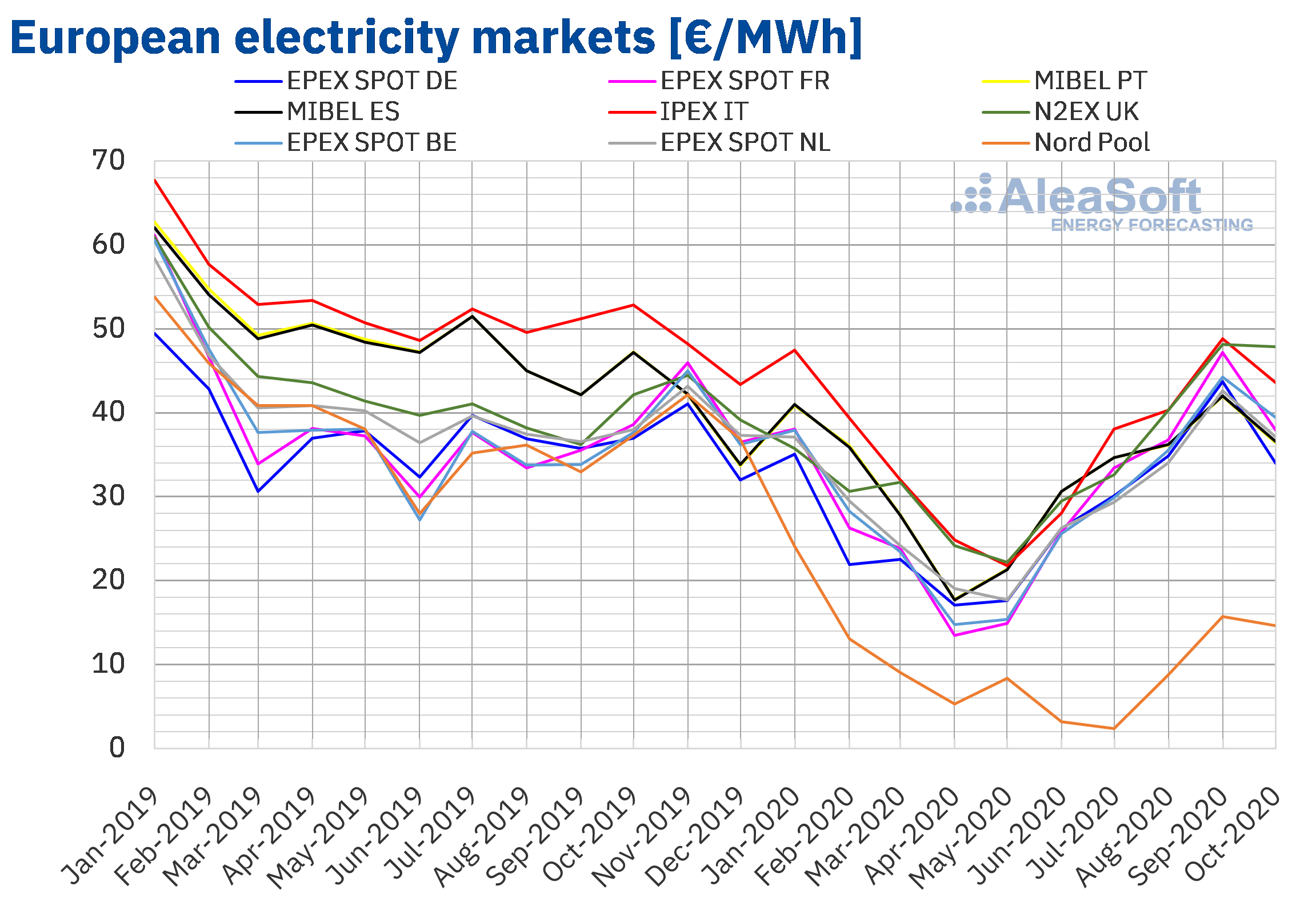Debunking AI Intelligence: Exploring The Gaps In Current AI Capabilities

Table of Contents
The Absence of Common Sense Reasoning in AI
One of the most significant limitations of current AI systems is the lack of common sense reasoning. While AI excels at specific tasks, it often struggles with situations requiring real-world understanding or implicit knowledge. This gap highlights a fundamental difference between artificial and human intelligence.
- AI's reliance on explicit programming versus implicit understanding: AI algorithms operate based on explicit instructions and data provided during training. They lack the implicit understanding of the world that humans possess, derived from years of experience and social interaction. This means AI often fails to grasp nuances and context that are obvious to humans.
- Examples of AI failures due to lack of common sense reasoning: Numerous examples demonstrate AI's struggles with common sense. Image recognition systems can misinterpret images due to a lack of contextual understanding, while chatbots often provide illogical or nonsensical responses, especially when faced with unexpected input. These failures highlight the limitations of current AI capabilities in handling real-world complexities.
- The challenge of imbuing AI with general knowledge and reasoning abilities: Creating AI with genuine common sense remains a significant challenge. Researchers are exploring different approaches, including knowledge graphs and symbolic reasoning, but replicating human-level common sense remains a distant goal. Improving AI's ability to reason and understand context is crucial for expanding its capabilities and making it more reliable.
Over-Reliance on Data: A Critical Limitation of AI
Current AI systems heavily rely on vast amounts of data for training. This dependency creates several critical limitations:
- Bias in training data and its impact on AI outcomes: If the training data reflects existing societal biases, the resulting AI system will perpetuate and even amplify those biases, leading to unfair or discriminatory outcomes. This is a significant ethical concern that requires careful attention during data collection and model development.
- The need for massive datasets for effective training: Training advanced AI models often requires massive datasets, which can be expensive and time-consuming to collect and curate. This data dependency limits the accessibility and scalability of AI for certain applications.
- The challenges of handling noisy, incomplete, or inconsistent data: Real-world data is often messy and imperfect. AI systems struggle with noisy data, missing values, and inconsistencies, leading to inaccurate or unreliable results. Robust data cleaning and preprocessing techniques are crucial for improving AI performance.
- "Garbage in, garbage out": This classic adage perfectly applies to AI. The quality of the output directly depends on the quality of the input data. Using biased, incomplete, or inaccurate data will inevitably lead to flawed AI systems.
Ethical Concerns and the Dark Side of AI Capabilities
The rapid advancement of AI raises significant ethical concerns:
- Algorithmic bias and discrimination: As mentioned earlier, biased training data can lead to AI systems that discriminate against certain groups of people. This has serious consequences in areas like loan applications, criminal justice, and hiring processes.
- Job displacement due to automation: AI-powered automation has the potential to displace workers in various industries, leading to job losses and economic inequality. Addressing this challenge requires proactive measures, such as retraining programs and social safety nets.
- Privacy concerns related to data collection and usage: AI systems often require access to large amounts of personal data, raising concerns about privacy and data security. Regulations and ethical guidelines are necessary to protect individuals' privacy rights.
- The potential for misuse of AI technology: AI technology can be misused for malicious purposes, such as creating deepfakes for misinformation campaigns or developing autonomous weapons systems with potentially catastrophic consequences. Responsible development and deployment of AI are crucial to mitigate these risks.
Creativity, Adaptability, and the Limits of Current AI
Current AI systems largely lack the creativity and adaptability of human intelligence:
- AI's struggle with truly creative tasks: While AI can generate creative outputs like text or images, these are often based on patterns and styles learned from existing data. True creativity involves originality, innovation, and a deep understanding of the human condition – capabilities that current AI systems lack.
- Lack of adaptability and generalizability across different domains: Most AI systems are designed for specific tasks and struggle to adapt to new situations or generalize their knowledge to different domains. This limits their versatility and applicability.
- The need for continuous retraining and fine-tuning for new tasks: AI models often require continuous retraining and fine-tuning to perform well on new tasks or adapt to changing environments. This highlights their limited capacity for independent learning and adaptation.
- Narrow vs. General AI: The difference between narrow AI (designed for specific tasks) and general AI (with human-level intelligence) is vast. Current AI primarily falls under narrow AI, lacking the general cognitive abilities of humans.
Re-evaluating AI Intelligence: A Call to Realistic Expectations
This article has highlighted several key limitations of current AI capabilities, debunking the myth of all-knowing AI. While AI is undoubtedly a powerful tool with the potential to revolutionize many aspects of our lives, it is not a replacement for human intelligence in many critical areas. Debunking AI intelligence myths requires a realistic assessment of its strengths and weaknesses. By understanding the gaps in current AI capabilities, we can work towards a more responsible and ethical future for AI, fostering innovation while mitigating potential risks. Let's continue to debunk AI intelligence myths and build a future where AI truly serves humanity.

Featured Posts
-
 Legal Showdown Harvard University Fights Trump Administrations Funding Cuts
Apr 29, 2025
Legal Showdown Harvard University Fights Trump Administrations Funding Cuts
Apr 29, 2025 -
 Understanding The Treasury Market Shift Insights From April 8th
Apr 29, 2025
Understanding The Treasury Market Shift Insights From April 8th
Apr 29, 2025 -
 Humanitarian Crisis In Gaza Demand For Israel To Lift Aid Restrictions
Apr 29, 2025
Humanitarian Crisis In Gaza Demand For Israel To Lift Aid Restrictions
Apr 29, 2025 -
 Debunking Ai Intelligence Exploring The Gaps In Current Ai Capabilities
Apr 29, 2025
Debunking Ai Intelligence Exploring The Gaps In Current Ai Capabilities
Apr 29, 2025 -
 Negative European Electricity Prices A Solar Energy Success Story
Apr 29, 2025
Negative European Electricity Prices A Solar Energy Success Story
Apr 29, 2025
Latest Posts
-
 Choosing Between One Plus 13 R And Pixel 9a Performance Camera And Value
Apr 29, 2025
Choosing Between One Plus 13 R And Pixel 9a Performance Camera And Value
Apr 29, 2025 -
 One Plus 13 R And Pixel 9a Feature By Feature Review And Recommendation
Apr 29, 2025
One Plus 13 R And Pixel 9a Feature By Feature Review And Recommendation
Apr 29, 2025 -
 Is The One Plus 13 R Worth It Comparing It To The Google Pixel 9a
Apr 29, 2025
Is The One Plus 13 R Worth It Comparing It To The Google Pixel 9a
Apr 29, 2025 -
 One Plus 13 R Review A Practical Assessment Against The Pixel 9a
Apr 29, 2025
One Plus 13 R Review A Practical Assessment Against The Pixel 9a
Apr 29, 2025 -
 One Plus 13 R Vs Pixel 9a A Detailed Comparison Review
Apr 29, 2025
One Plus 13 R Vs Pixel 9a A Detailed Comparison Review
Apr 29, 2025
